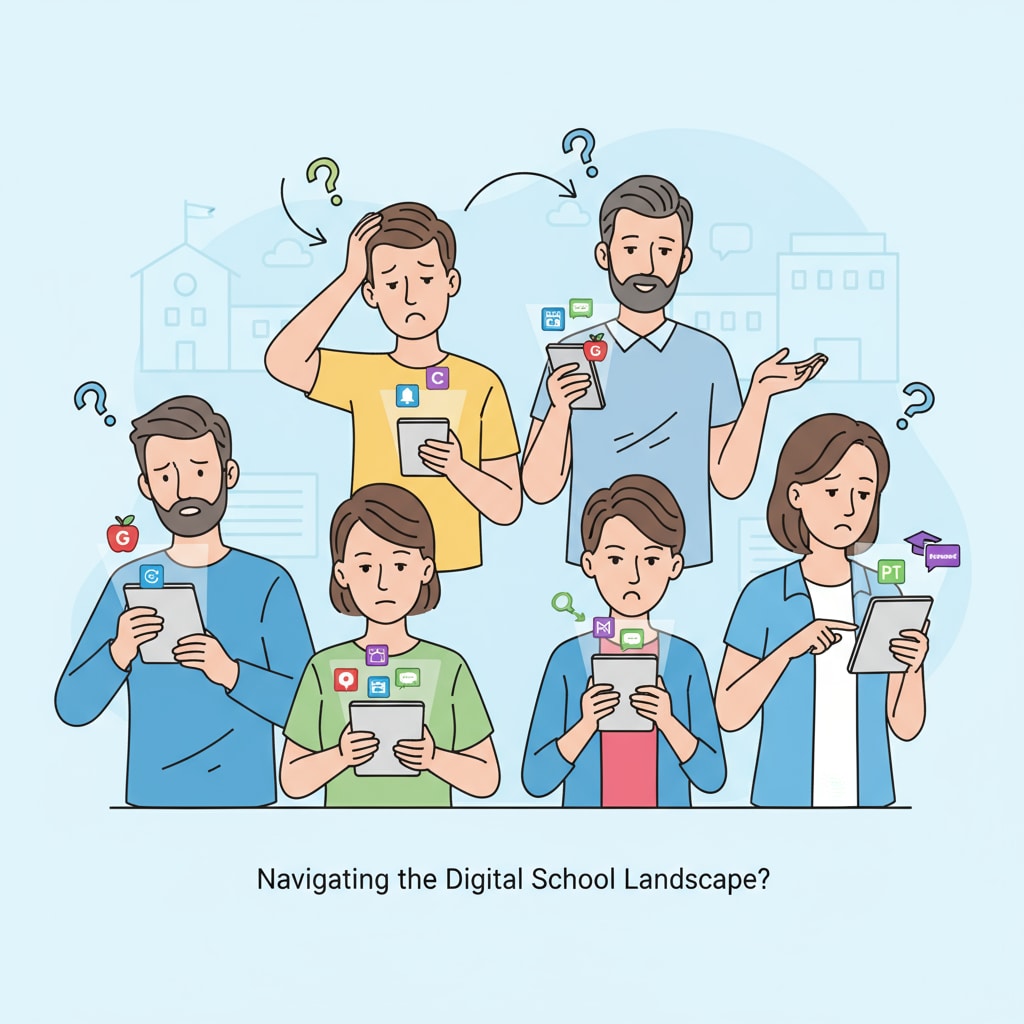In the era of rapid digital transformation in education, parents are now confronted with the complex task of managing multiple school account systems, including Peachjar and Securely. The surge in these digital platforms has brought about both convenience and a host of concerns.

The Proliferation of School Digital Platforms
The push towards a more digital K12 education landscape has led to an explosion of school account systems. Schools are increasingly relying on these platforms to communicate with parents, distribute information, and manage various aspects of student life. For example, Peachjar is often used for sharing school flyers and announcements, while Securely aims to streamline communication and data sharing in a more secure manner. However, this proliferation has left parents feeling overwhelmed.
Concerns over Legitimacy and Data Security
One of the major concerns parents have is the legitimacy of these platforms. With the increasing number of digital tools emerging, it’s not always clear which ones are reliable and compliant with data protection regulations. Parents worry that their personal information and their children’s data could be at risk. Securely, for instance, while it claims to provide a secure environment, parents still question the extent of its security measures. Moreover, there are concerns about how these platforms use and share data.

Another aspect is the lack of transparency. Parents often find it difficult to understand the privacy policies of these platforms. What data is being collected? How is it being used? And with whom is it being shared? These are questions that parents struggle to find clear answers to.
In addition, the constant need to update passwords and manage different logins for each platform adds to the burden. Parents are afraid of forgetting their credentials or falling victim to phishing attacks related to these accounts.
To address these issues, parents need to take an active role. Firstly, they should thoroughly research each platform before using it. Look into the company behind the platform, its reputation, and its compliance with data protection laws. Secondly, parents should carefully review the privacy policies and settings of these platforms. Make sure they understand what data is being collected and how it can be used. Finally, schools should also play a part by providing clear guidance and support to parents regarding these digital platforms.
Readability guidance: This article uses short paragraphs to make the content more digestible. Lists could be added in future sections to further clarify points. The passive语态 has been kept to a minimum, and transition words like ‘however’, ‘for example’, and ‘in addition’ have been used to enhance the flow of the article.


